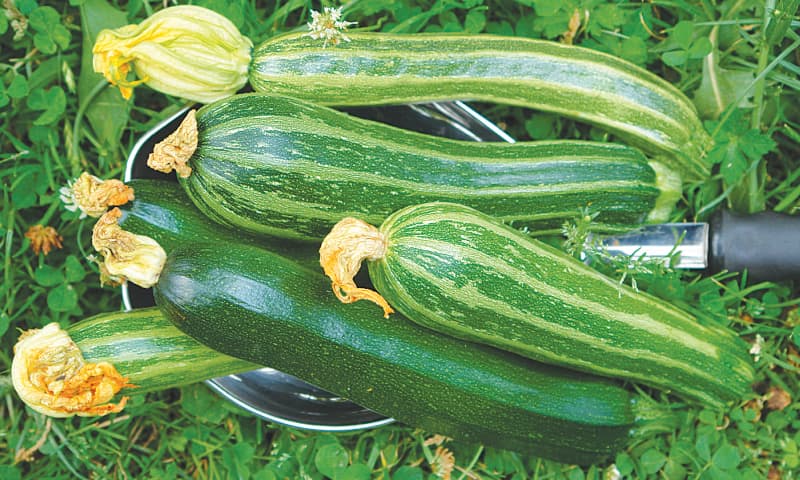We should be looking at designing a sustainable courtyard garden this week but, over the last two weeks, so many questions about compost and compost tea have come flooding in that I decided to give them priority as well-fed plants and nutrient-rich soil are the base from which all gardens are made and maintained.
Doing things as naturally and organically as possible is the backbone of sustainable gardening, whether it is done on a large or small scale and — as with many other things in life — the only sure way to ascertain that something is 100 percent organic and chemical free is to do it yourself.
Let’s start with compost: Compost is traditionally made in heaps, bins or pits but, in our climate, heaps can get a bit smelly and they can also attract vermin. Pits are better but both rats and snakes find them ideal nesting/feeding places. So bins with tightly fitting lids come out best.
How to make compost and compost tea at home
The number of compost bins you have should depend on the size of your garden, but always have at least two bins on the go so that when one bin is full you can start a second. All going well, by the time the second one is full, the compost in the first one will be ready to use.
Large-sized metal drums, with sealable lids and drainage holes made all the way around the base, are ideal, although, as these are not always easy to get hold off, full-size, heavy-duty, black plastic garbage bins — even though not organic — can be used instead.
It is advisable to put a six-inch layer of twiggy material in the base of the bin before adding any compost material at all. This twiggy layer does two jobs: it aids air circulation and prevents the drainage holes from getting blocked up. Standing the bin in some kind of huge basin is a good idea as this basin will collect any liquid run-off created during the composting process. This liquid, gathered up and mixed one part run-off liquid to 40 parts water, makes an excellent fast-acting liquid fertiliser/foliage feed for all plants. Plus, using it as it forms prevents the area around the bins from getting dirty.
Compost material should be completely organic and, to speed up the composting process, it is best cut into relatively small pieces before being added to the bin. The material should be a mix of green and brown, in layers. Green includes: grass and hedge clippings, weeds before they form seed heads, finished annual plants, dead flowers, fruit and vegetable peelings — all of which should be free of pests or disease. Brown material includes: tea leaves (not their bags as many of these contain plastic), coffee grounds, crumbled eggshells, crushed nut shells, finely shredded paper/cardboard, chopped up autumn leaves. Animal/poultry manure can be added in small amounts if you are certain it is fully organic, which is rarely the case as mulch buffaloes and poultry are vaccinated and fed all manner of concoctions.

It is preferable to mix up the compost at least twice a week using a large fork or, if absolutely necessary, tip the contents out onto a heavy plastic sheet, mix it up and shovel it back in. The compost is ready for use when all the material is nice and crumbly, rather like chocolate cake. If the compost seems too dry during the making process, sprinkling water on it, every now and then, will help. It helps even more if you dissolve a tablespoon of organic molasses (a by-product of sugar refining) in a litre of warm water and sprinkle it with this. Molasses act as an activator and are full of active biological ingredients that are beneficial for compost making and, in the compost, for both plants and soil.
Homemade compost can be spread, directly on top of soil as moisture-retentive mulch around plants. It can be mixed into the soil before planting/seed sowing or used in the making of potting compost at a ratio of 25 percent compost, 25 percent sweet earth, 25 percent river sand (not sea sand) and 25 percent old, well-rotted organic manure. Compost-making should be an ongoing process all year round and be used as soon as it is ready — this takes six weeks to six months depending on the time of year, the ingredients and the ambient temperature.
Compost tea: This is an easily made quick-fix, all-round, general organic fertiliser and foliar spray which can be used within 24 hours of being made. Put one shovel full of homemade organic compost in the bottom of a large drum/bin, add a quarter kilo organic seaweed meal or quarter litre liquid organic seaweed fertiliser, dissolve one tablespoon molasses in a litre of warm water and add this to the bin. Finally, fill three-quarters of the drum with water (rainwater is best) and mix thoroughly, using a long pole. Mix as fast as you can so that lots of air gets trapped into the mix. Mix well, first one way and then the other, at hourly intervals throughout the day. Leave to stand overnight, mix again and then water onto soil and plants alike.

This is the easiest compost tea recipe around: other recipes are more complicated, have many ingredients and take time to mature.

Well-fed soil makes for strong, healthy plants with a higher disease/pest resistance than they would otherwise have.g
Please continue sending your gardening queries to zahrahnasir@hotmail.com. Remember to include your location. The writer does not respond directly by email. Emails with attachments will not be opened.
Published in Dawn, EOS, March 17th, 2019














































